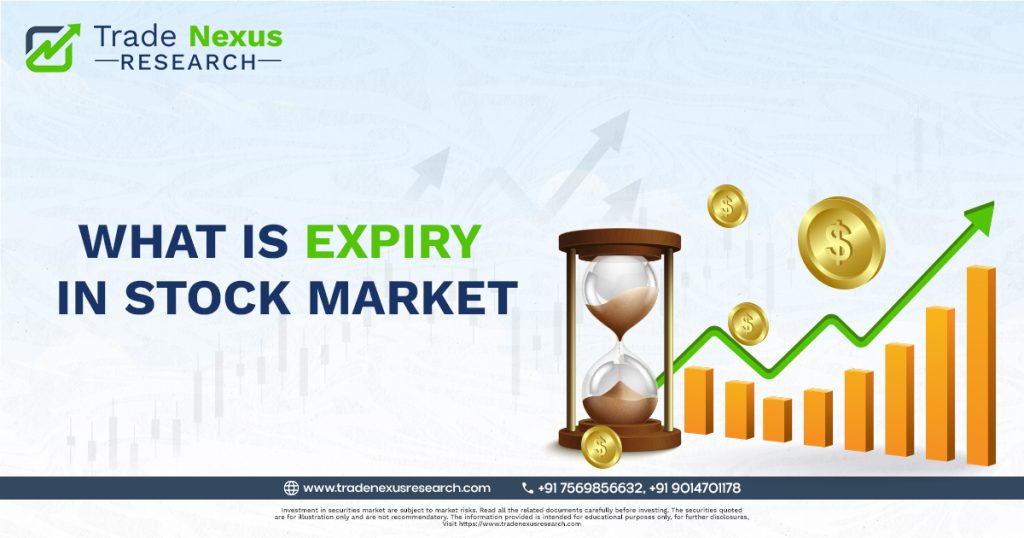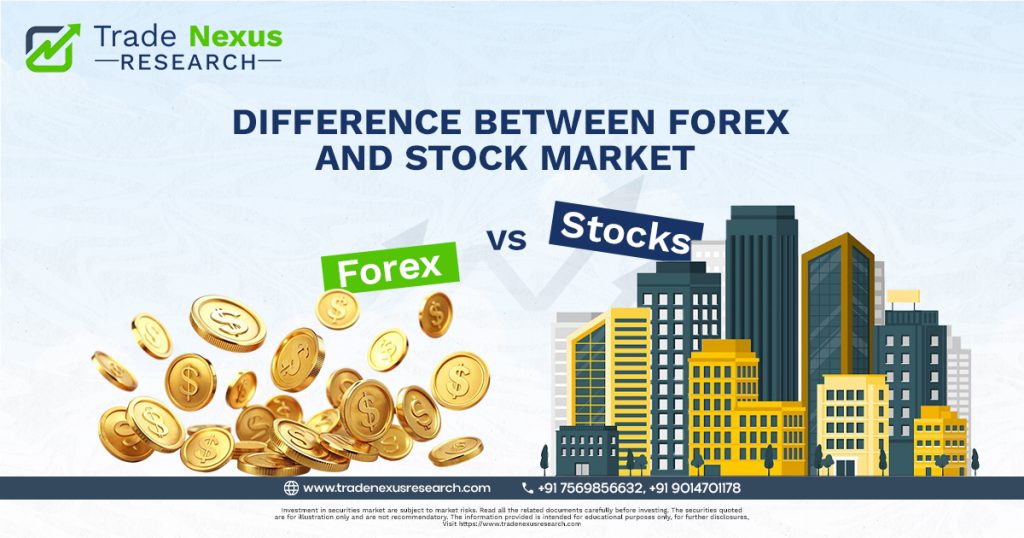
Introduction to Expiry in Stock Trading
In the fast-moving world of trading, understanding what is expiry in stock market can make all the difference. For beginners, it might What is Expiry in Stock Market – Complete Beginner’s Guide
sound technical, but the idea is simple—expiry refers to the date when a derivative contract like an option or a future comes to an end. This is the last day on which a trade can be executed or settled.
The expiry date acts like a deadline in the stock market. After that date, the contract ceases to exist, and any open positions are either settled in cash or by physical delivery depending on the exchange and contract type.
Why Expiry Dates Matter in the Stock Market
Expiry dates are not just administrative—they’re a key trigger point that can lead to high volatility, increased trading volumes, and dramatic price changes. Knowing what is expiry in stock market helps traders plan their moves smartly and avoid last-minute surprises.
On expiry days, traders either square off their positions or let them expire, depending on their strategy. Institutions and retail traders alike often rebalance their portfolios, contributing to sharp price movements.
Types of Expiry in Stock Market
There are different kinds of expiry patterns that traders need to understand:
- Monthly Expiry: Common for most futures and options.
- Weekly Expiry: Mostly for options like Nifty and Bank Nifty.
- Quarterly Expiry: Typically used for index futures or long-dated options.
Each has its own trading dynamics. For example, weekly expiry in stocks often leads to short-term volatility, while monthly expiry can have a broader market impact.
Understanding Options Expiry
Options contracts always have a limited lifespan. When you’re trading in options, the options expiry date is when the buyer can exercise the contract. If it’s not exercised by then, the contract becomes worthless. That’s why timing is critical in options trading.
Knowing the stock expiry date meaning ensures you’re not caught off guard when contracts lapse. It’s essential to check the expiry calendar on NSE or BSE before entering any position.
Futures and Options Expiry Explained
Just like options, futures contracts also come with an expiry. These are typically settled either in cash or through physical delivery. The derivatives expiry date is the last day to execute trades based on that contract.
Derivatives expiry influences the overall market behavior, especially on expiry day when large volumes are settled.
Expiry Calendar in NSE and BSE
Both NSE and BSE publish an expiry calendar detailing when futures and options expire. You can find this information on their websites under the derivatives section.
Most contracts expire on the last Thursday of the month. If Thursday is a holiday, the expiry moves to the previous trading day.
How Expiry Affects Stock Prices
Many traders wonder, “How expiry works in stock market and why do prices move so sharply?” It’s because as expiry approaches, open interest unwinds, and traders either roll over or exit their positions. This tug-of-war often leads to price fluctuations.The expiry effect on stocks can be dramatic, especially in the case of high beta stocks and popular indices like Nifty.
What Happens on Expiry Day?
On expiry day, both volume and volatility usually spike. Traders square off their positions, and market sentiment often turns unpredictable. It’s crucial to monitor market trends and news as the expiry settlement process kicks in.
Typically, the market sees huge intraday moves due to short-covering or profit booking, making intraday trading expiry a popular but risky strategy.
Nifty Expiry and Its Market Impact
The Nifty expiry date is often watched closely by analysts. As Nifty is a benchmark index, its expiry affects several ETFs, mutual funds, and derivative products. A major shift in Nifty can ripple across the entire market.
That’s why even long-term investors should keep an eye on Nifty expiry trends.
Intraday Trading on Expiry Day
For active traders, intraday trading expiry offers opportunities—if managed wisely. Strategies include trading based on option premiums, resistance and support levels, and sudden breakouts.
But remember, while rewards are high, so are the risks.
Expiry Trading Strategies for Beginners
New traders often ask: “How do I use the expiry in stock market to my advantage?” Here are a few strategies:
- Iron Condor: Balances profit and risk.
- Covered Call: Good for earning premiums near expiry.
- Straddle or Strangle: Bets on volatility.
The best approach is to start small, understand the mechanics of options expiry, and always monitor open interest and volumes.
Settlement Process After Expiry
There are two types of settlement:
- Cash Settlement: Most common for index contracts.
- Physical Settlement: Used for individual stock futures and options.
The expiry settlement process is automatic for most retail traders. However, it’s still wise to track positions closely to avoid surprises.
Risks Associated with Expiry in Stock Market
Here’s why it’s important to understand what is expiry in stock market thoroughly:
- Price swings due to panic selling or short covering
- Sudden liquidity drops
- Brokerage and slippage costs
- Forgetting to close a position can lead to unexpected losses
Stay informed and use tools like stop-loss orders and alerts.
Common Myths About Expiry Dates
Let’s bust a few:
- Myth: Stocks expire. ❌
Truth: Only derivatives have expiry, not the actual stocks. - Myth: Prices are manipulated on expiry day. ❌
Truth: Volatility is due to high trading activity, not necessarily manipulation.
Myth: Holding till expiry is always bad. ❌
Truth: With proper strategy, it can be profitable.
FAQs on Expiry in the Stock Market
Q1: What is expiry in stock market?
A: It’s the date when a futures or options contract becomes void and must be settled.
Q2: Does expiry affect stock prices?
A: Yes, expiry can cause price volatility due to high volume trades.
Q3: When does Nifty expire?
A: Typically, the last Thursday of every month unless it’s a holiday.
Q4: What happens if I don’t square off before expiry?
A: Your broker will auto-square off or settle based on your account type.
Q5: Can beginners trade on expiry day?
A: Yes, but with caution and proper knowledge of strategies.Q6: Where can I find expiry dates?
A: On the NSE and BSE expiry calendar available online.
📊 Have you ever traded on an expiry day? Share your experience with us in the comments section below! 🚀
If you’re just getting started in trading, now is the perfect time to deepen your knowledge. Check out our comprehensive guide on What is IPO in Stock Market? to understand the basics, and don’t miss our post on Stock Market Se Paise Kaise Kamaye to explore practical strategies.
💡 Whether you’re trading options, futures, or simply tracking market trends, understanding the expiry concept can give you a real edge. But remember, every trade should be backed by research and a well-thought-out strategy.
Want to explore official resources? Visit the SEBI website for in-depth regulatory information on derivatives trading. For the latest expiry dates, go to the NSE India or BSE India websites under the derivatives section.
Mastering expiry mechanics is more than just a trading skill—it’s a way to stay ahead and make informed decisions in the stock market.


